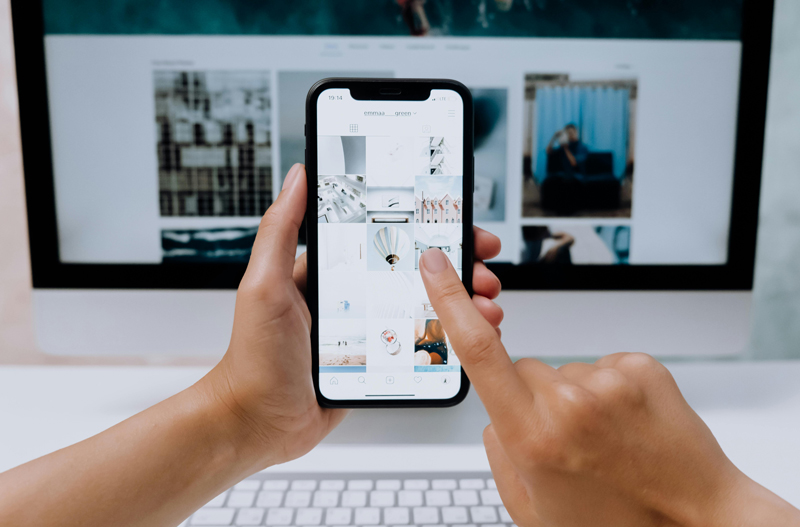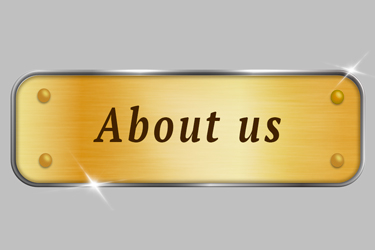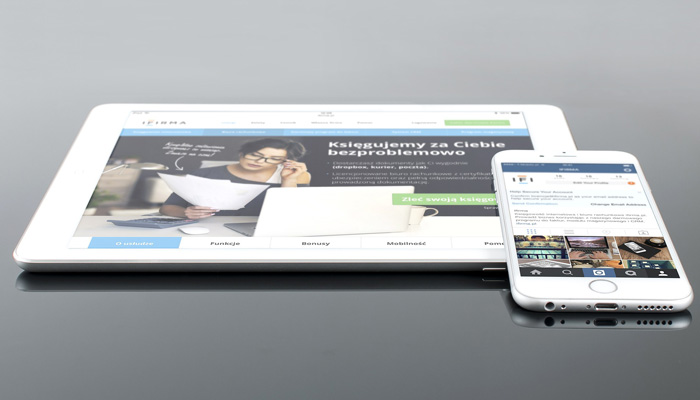It can be frustrating when you’re seeking the most current information, yet the first page of your search results is filled with outdated content. This phenomenon occurs for several reasons, each tied to the complex algorithms and systems that power search engines. Here are a few key factors behind why search results display old content.
1. Search Engine Algorithms and Relevance
Search engines like Google use sophisticated algorithms to determine the relevance of web pages to your search query. These algorithms consider hundreds of factors, including keywords, backlinks, domain authority, and user engagement. Older content that has accumulated a significant number of backlinks and has been consistently engaging to users over time can rank higher, even if newer content on the same topic exists. The idea is that these pages have stood the test of time, proving their relevance and reliability.
2. Authority and Trustworthiness
Websites that have built a strong reputation and authority in their field often see their content prioritized in search results. For instance, an article from a highly regarded news outlet or an established academic journal may appear at the top of the search results despite being several years old. Search engines prioritize these authoritative sources to ensure users receive credible and trustworthy information.
3. Lack of New Content
In some cases, the topic you’re searching for may not have been widely covered recently. If there hasn’t been much new content published on the subject, search engines will display older content to provide the best possible answers. This is particularly common in niche areas where information doesn’t change rapidly.
4. Search Query Specificity
The specificity of your search query can also influence the age of the content you see. Broad or generic search terms are more likely to bring up older content that has had more time to establish relevance and authority. In contrast, using more specific or time-sensitive queries, such as including the current year or using terms like “latest,” can help you find more recent content.
5. User Behavior and Click-Through Rates
User behavior plays a crucial role in determining search results. Pages that have historically received high click-through rates and positive user engagement are more likely to rank higher. If an older article has been frequently visited and found helpful by many users, search engines interpret this as a signal of quality and relevance, keeping it prominent in search results.
6. Technical SEO Factors
Technical aspects of SEO, such as proper use of meta tags, schema markup, and site structure, also affect how content ranks. Older content that has been well-optimized for search engines may continue to perform well. Additionally, websites that regularly update their older posts with new information and refresh their content can maintain their high rankings.
7. Historical Context and Evergreen Content
Some content remains relevant regardless of its age. Known as evergreen content, these articles or pages provide information that doesn’t quickly become outdated, such as “how-to” guides, historical analyses, or fundamental principles in various fields. Evergreen content is often prominently featured in search results because it remains useful to users over time.
How to Find More Recent Content
If you find that your search results are dominated by old content, there are several strategies you can use to find more up-to-date information:
Use Date Filters: Most search engines, including Google, allow you to filter results by date. You can select options like “Past year” or “Past month” to ensure you see the most recent content.
Include Specific Time-Related Keywords: Adding the current year or words like “latest,” “new,” or “updated” to your search query can help bring up more recent articles.
Check News Sections: For current events or recent developments, use the news tab on search engines to find the latest articles from reputable sources.
Conclusion
While it can be frustrating to encounter old content in your search results, understanding the reasons behind it can help you navigate and refine your searches more effectively. Search engines strive to balance relevance, authority, and freshness to provide the best possible answers to your queries. By using specific search strategies, you can ensure you find the most current and relevant information available.





